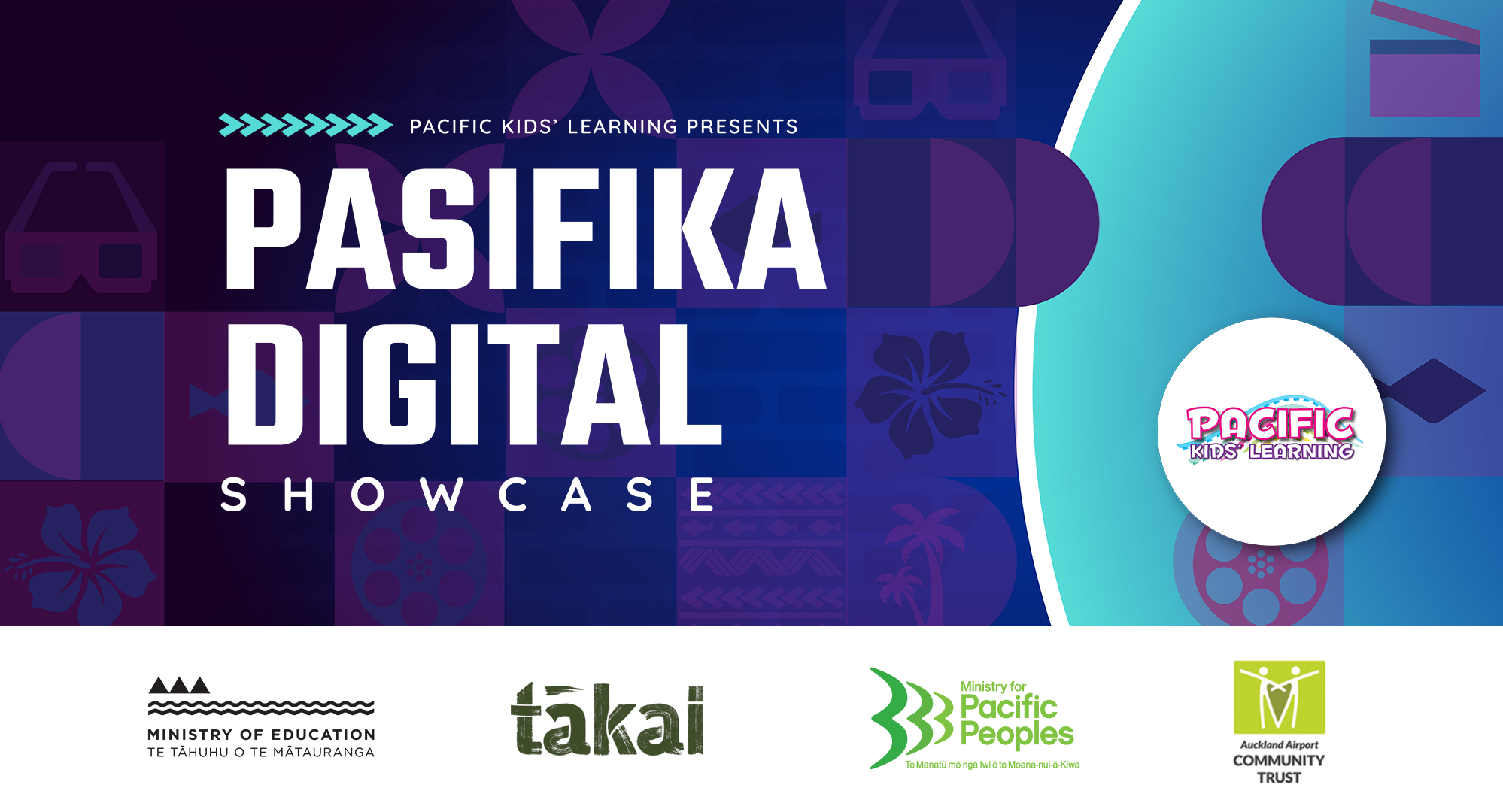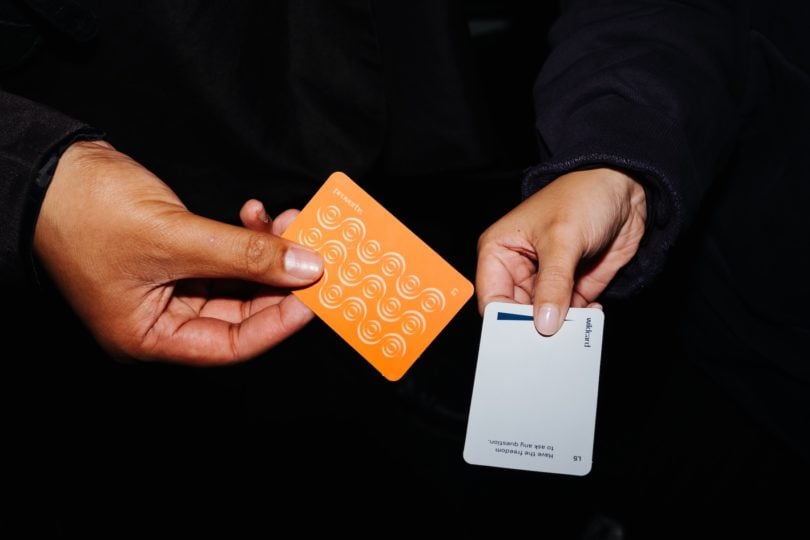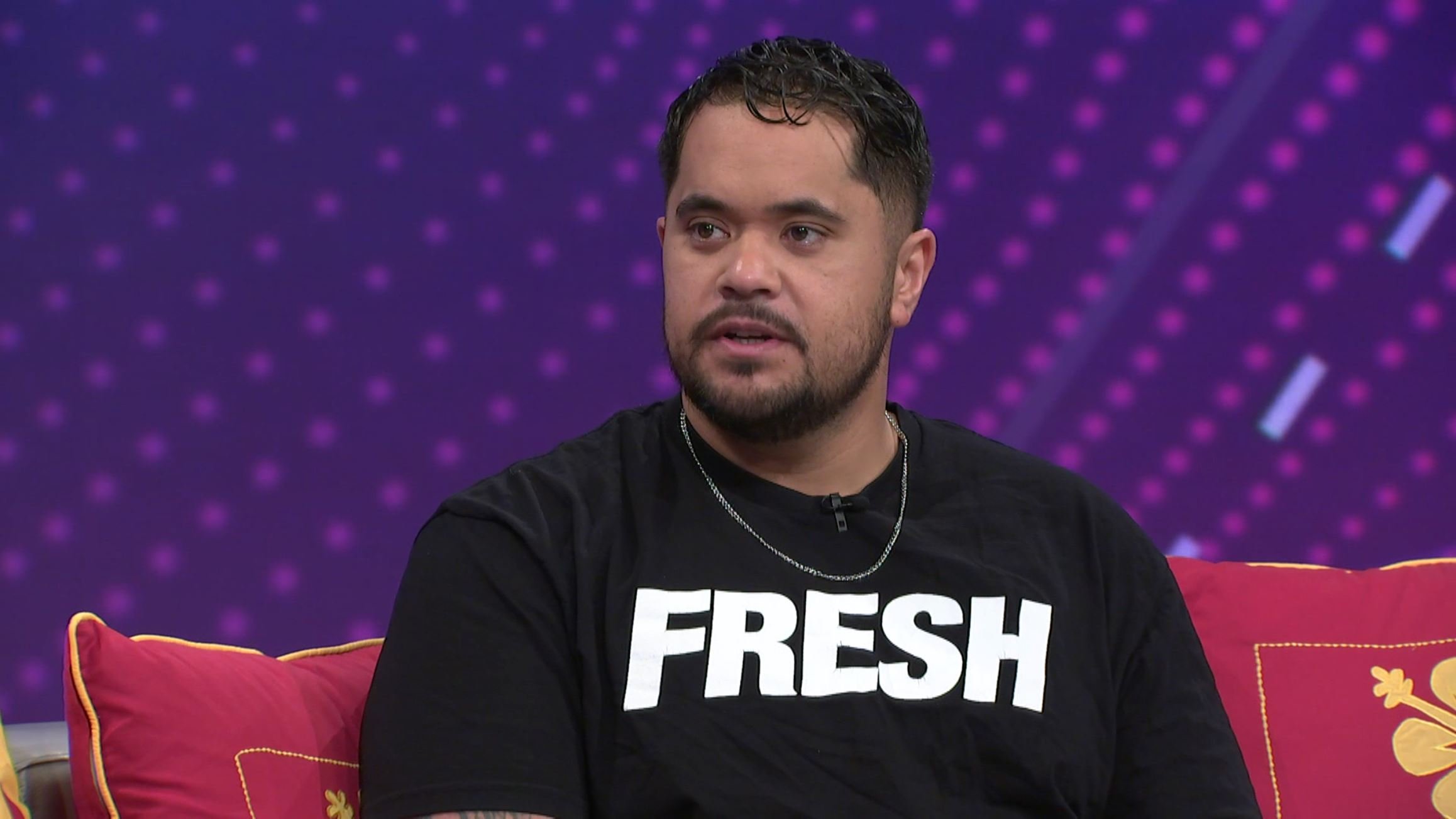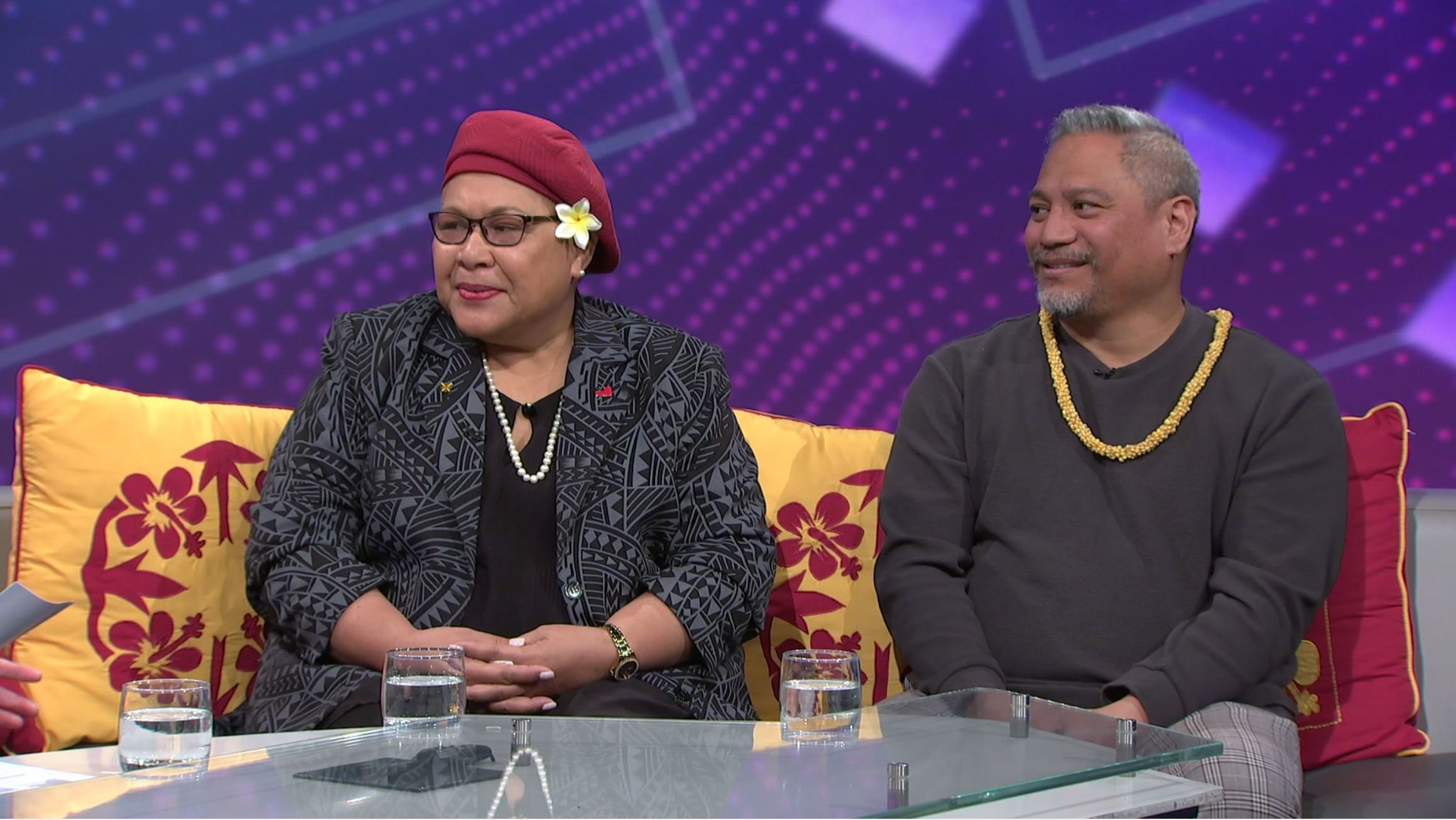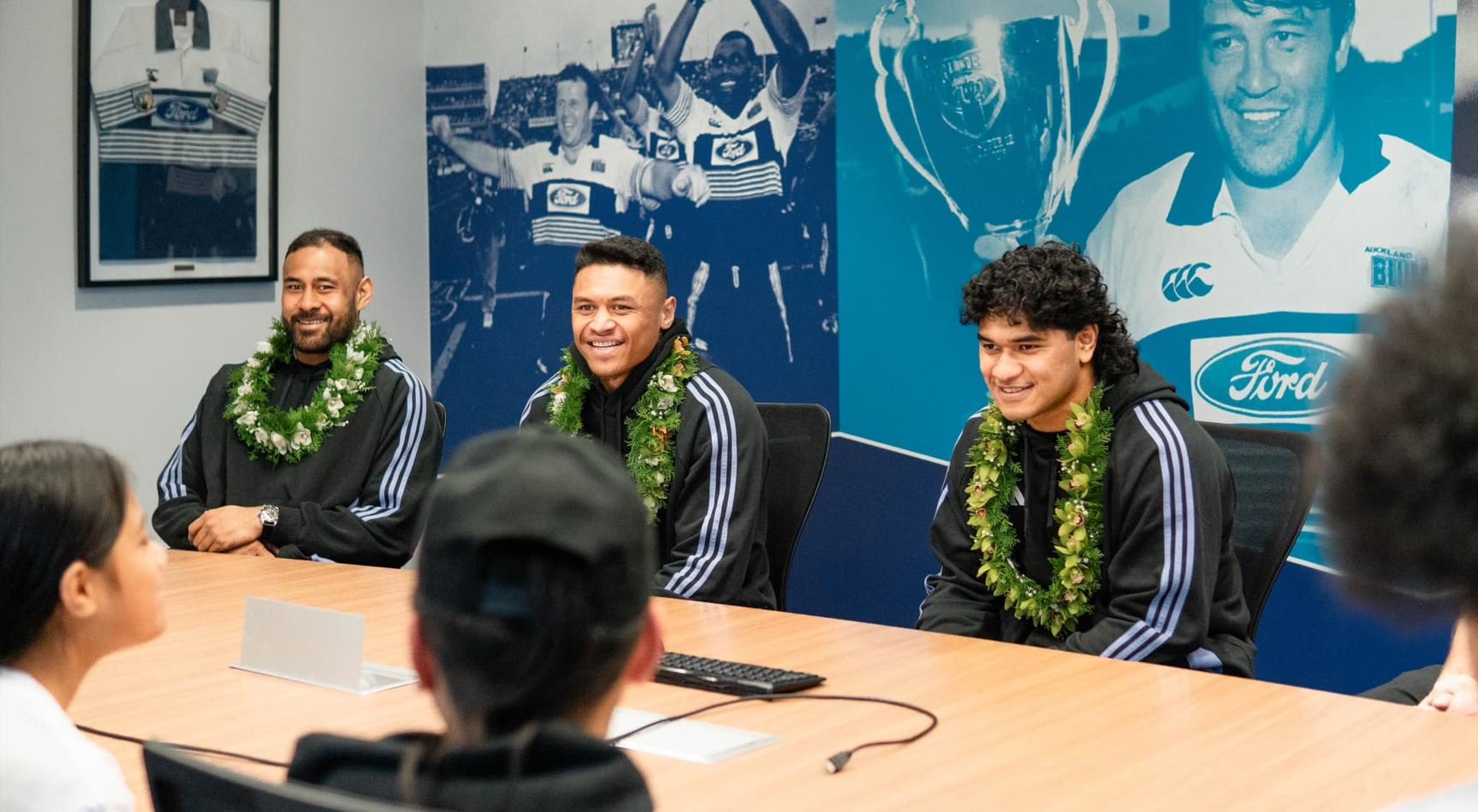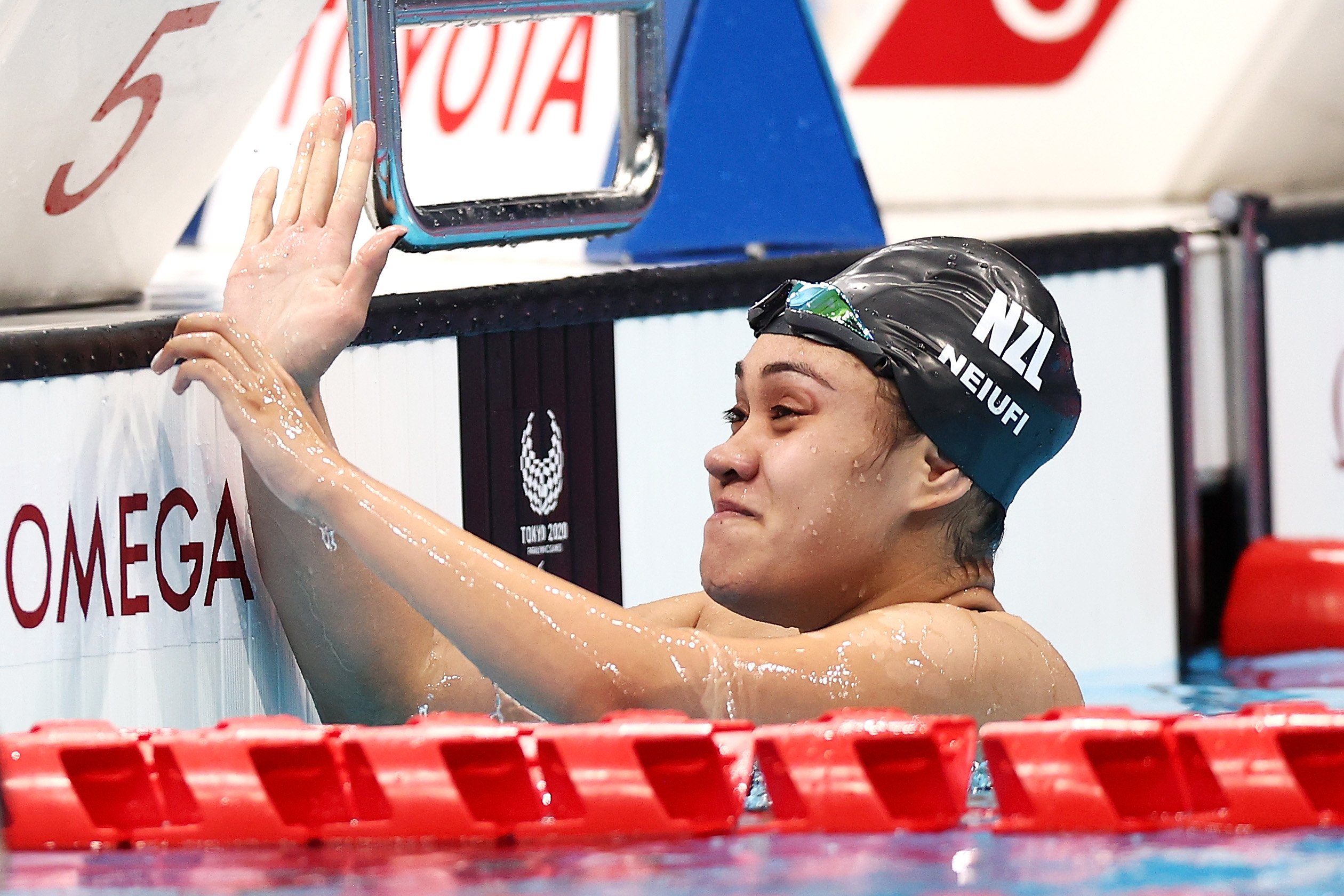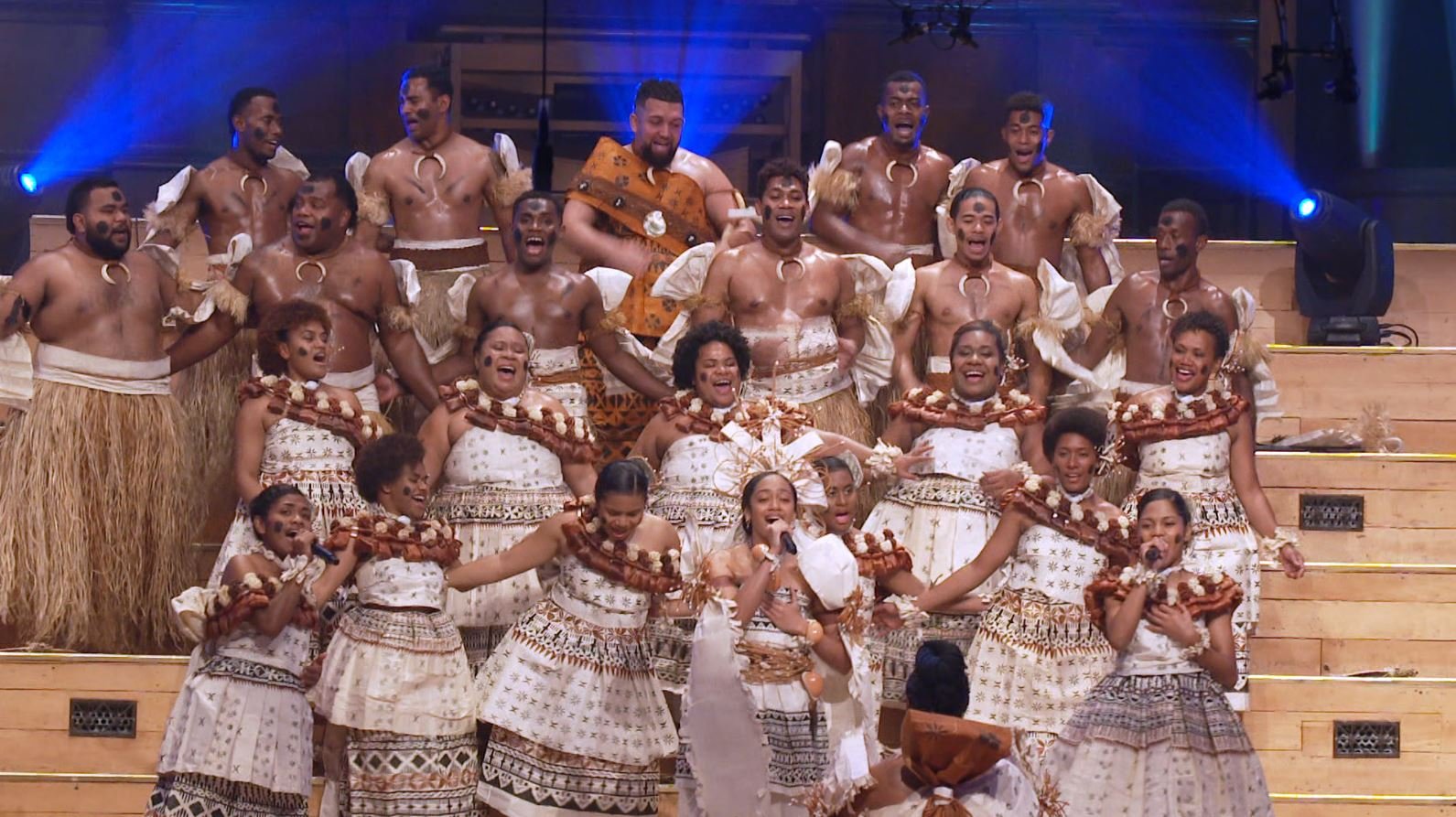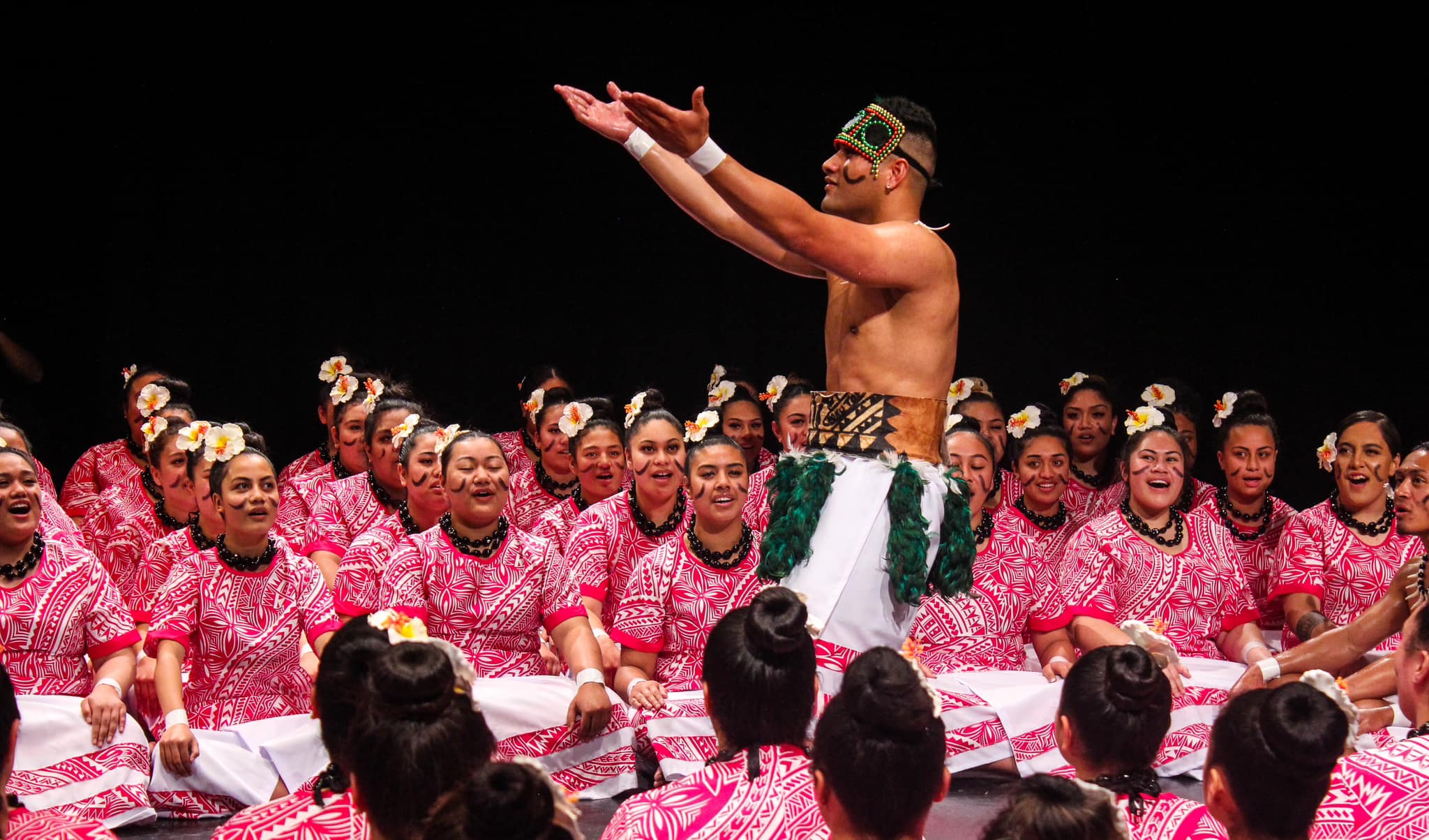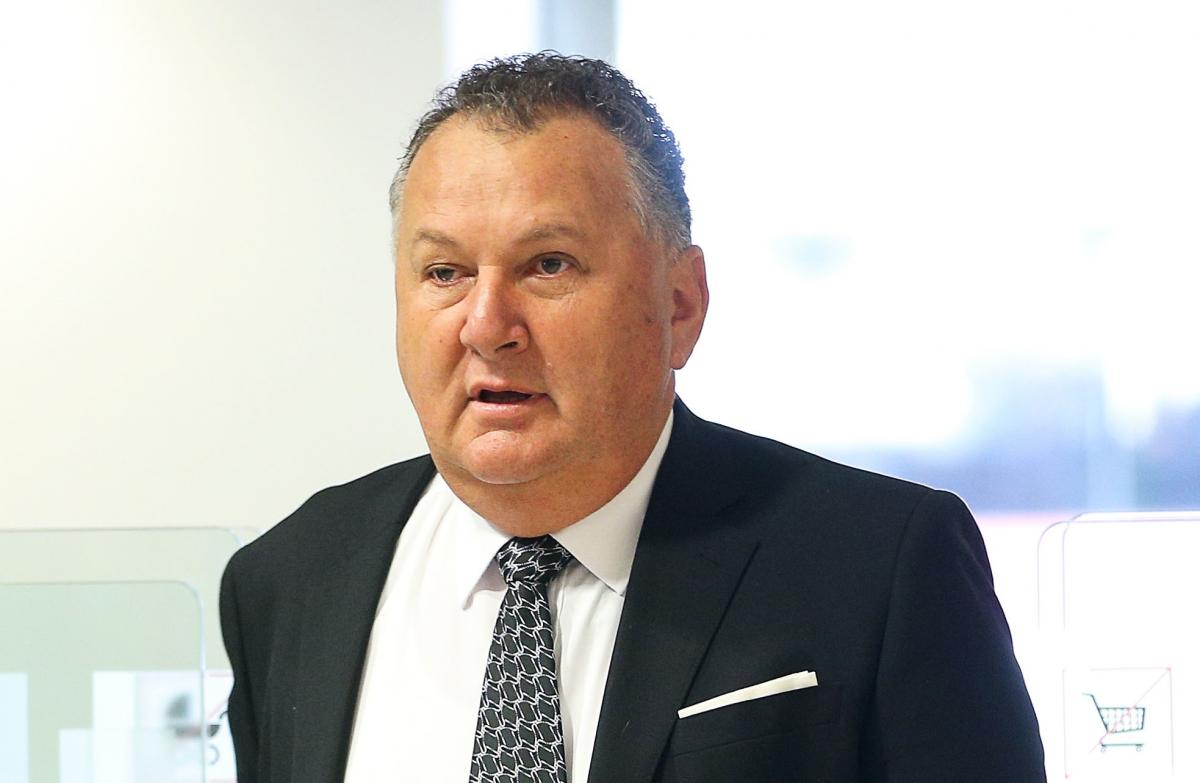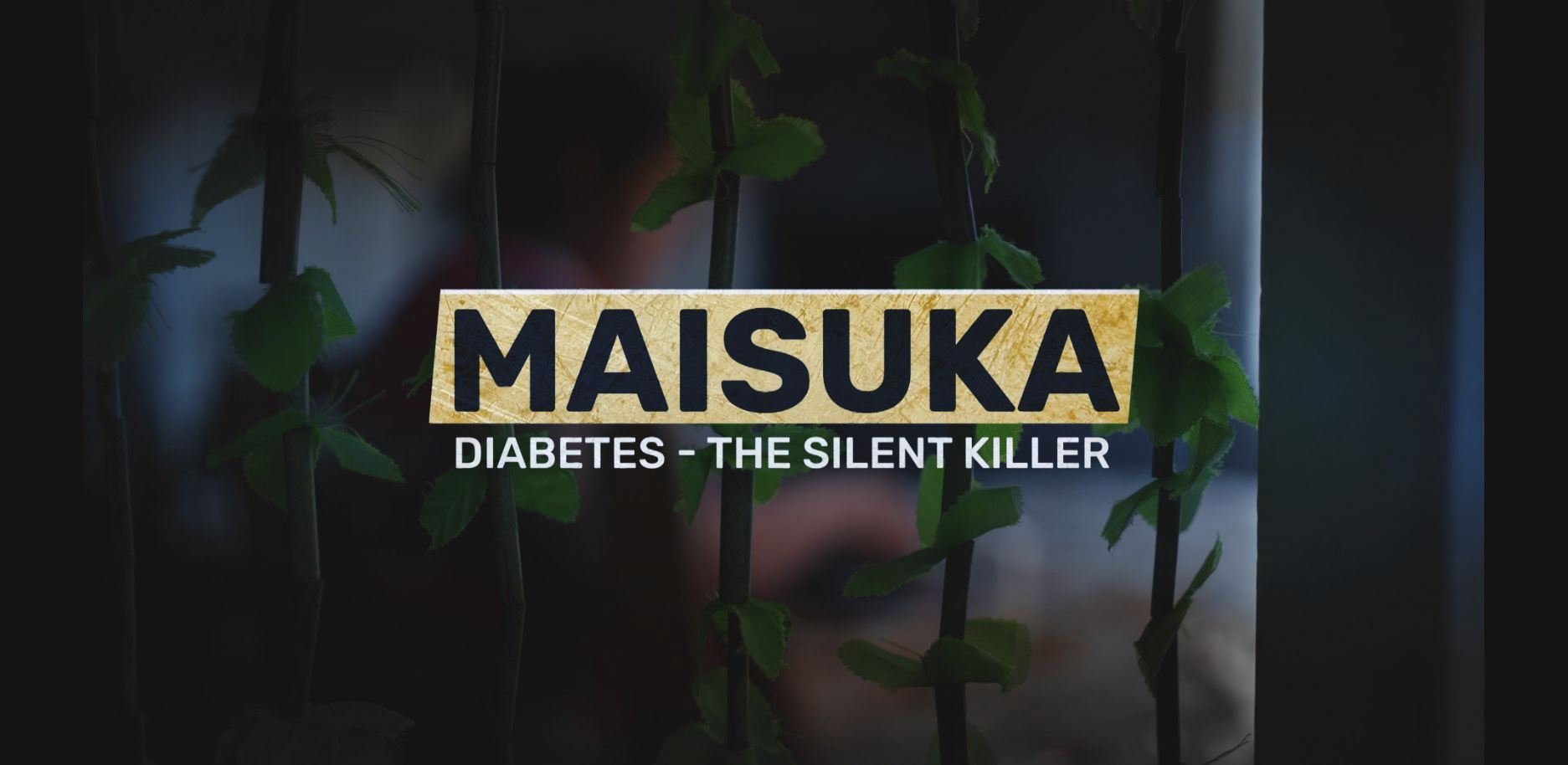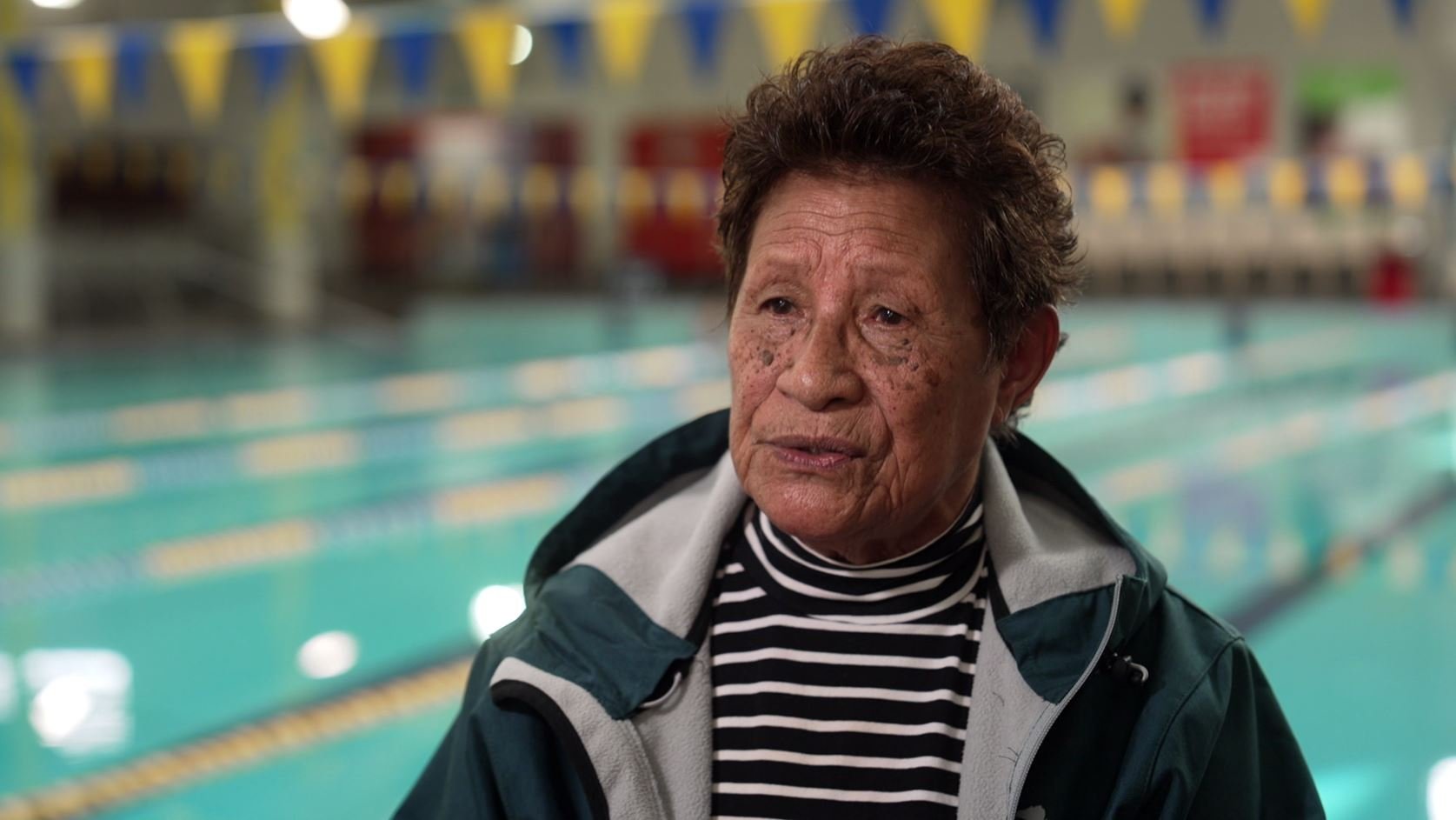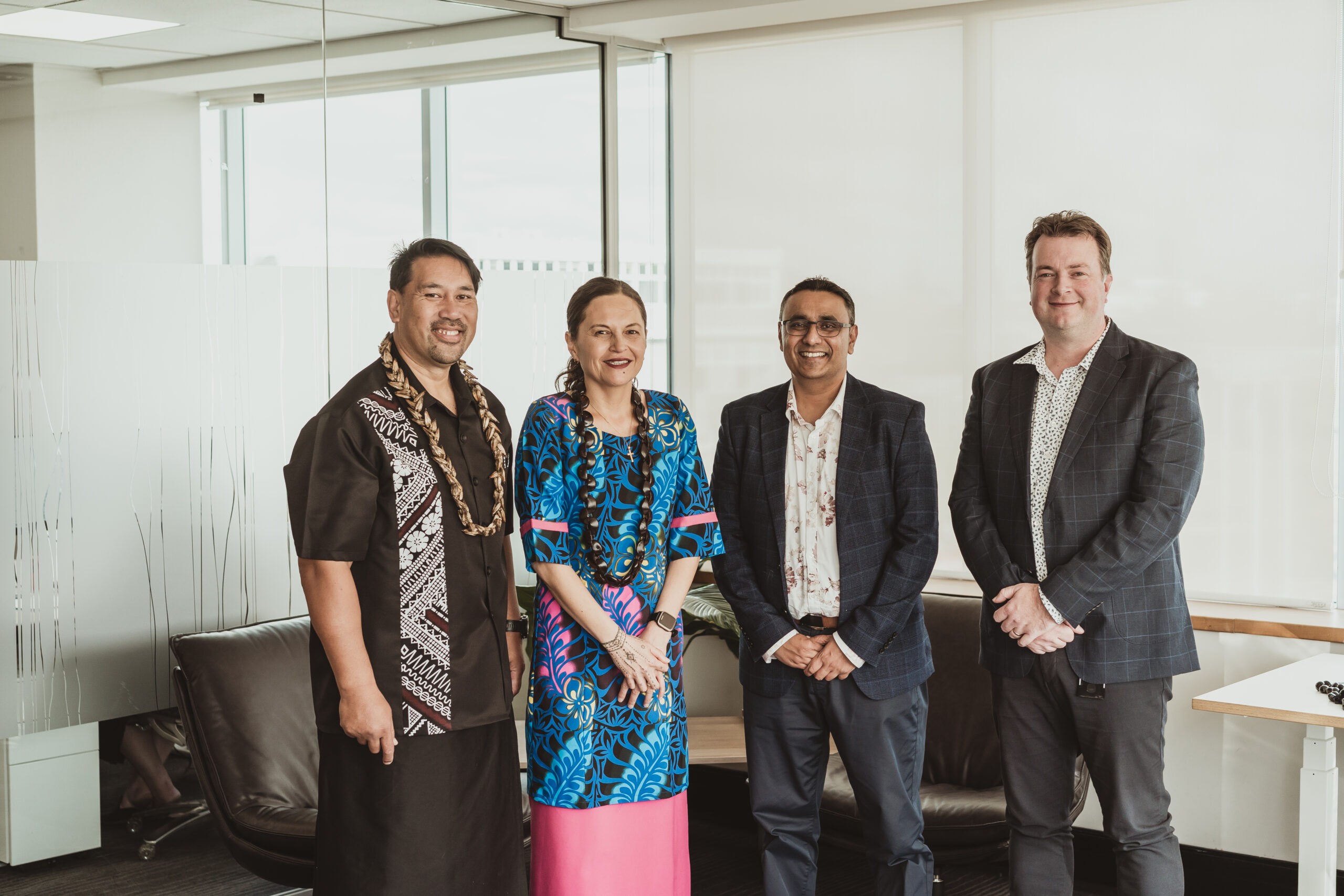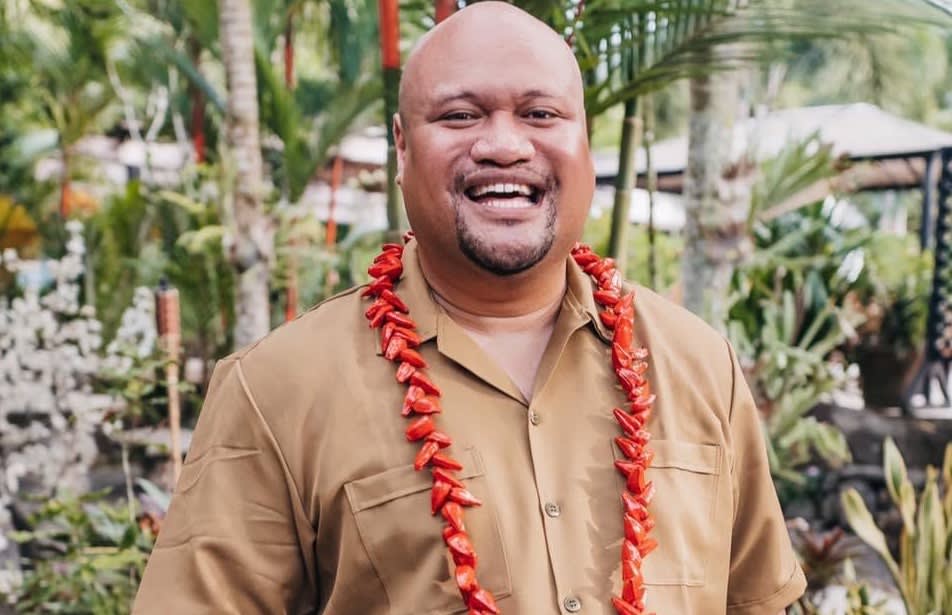Fiji-born Shaneel Lal has been a standout Pasifika voice in this year’s Pride celebrations as they’ve called out issues Pasifika face in the LGBTQI+ community. The 20-year-old with Girmitiya and iTaukei ancestry was a finalist for Mr Gay NZ 2020. They spoke with Tagata Pasifika about their experience in the competition, their advocations for banning conversion therapy in New Zealand and their fight for indigenous queer rights.
“I never came out to my family. Everyone knew,” Lal said. “I always knew who I was, but I couldn’t necessarily go out in the world and do that because I went to a Christian school. In Fiji you get whipped with hose pipes if you didn’t do your homework. Can you imagine what they would do to you for being gay? Public space is a gift that has been given to cisgender and heterosexual men.”
After being encouraged by previous competition candidates, Lal decided to apply for the competition in December 2019.
“Going into the competition as a person of colour, I already knew it wasn’t going to be a safe space for me,” Lal explained of the prejudices that exist for queer Pasifika in the rainbow community that are often overlooked. “Every time I was on the mainstage of Big Gay Out and I would introduce myself in Fijian, I could see faces turning away and people making faces. I could tell that they were uncomfortable.”
An online hate group about Lal was even created within hours of them being announced as a finalist.
“Being a person of colour with a platform and a voice, I felt it was my responsibility to go into these white spaces and defy them. However, sometimes you just don’t have enough power to change those spaces yet; it’s going to take years.”
Lal, who lived in Fiji until they were 14, admitted that although their sexuality was obvious to their community growing up, it still remains an unspoken topic in their family.
“They [family] just turn a blind eye to it. But I don’t blame them. Acceptance or liberation for queer people in indigenous communities is not a priority, because indigenous communities over years have had to assimilate to colonial systems to survive. So that has happened to my parents.
“In Samoa you have fa’afafine, Fiji has vakasalewalewa, Tonga has leiti and mahu in Hawai’i. Indigenous communities never saw people who are queer as outsiders until colonialism happened.
“How do I expect my parents to all of a sudden in a just a span of three to four years to just change.”
At 12-years-old, Lal said they was forced into conversion therapy by family and community leaders and was “a guy that prayed to God to heal or kill him”.
“Conversion therapy as a whole is a practice that tries to change anyone’s sexual orientation. It’s a combination of torture,” Lal said. “People are exposed to nausea-inducing drugs, aversion therapy, even electroconvulsive therapy. They use stuff like if you have ‘bad thoughts’ about something you hit yourself or snap yourself with a rubber band.”
A youth MP for Manukau East, Lal and four others also started a Facebook page called End Conversion Therapy in Aotearoa New Zealand, where they petition to ban conversion therapy in New Zealand and offer support to anyone that has experienced it.
“Research has showed time after time that if conversion therapy is practiced by a medical professional only, it can increase suicide by 33 percent. If it’s practiced by family and a medical professional, it can increase suicide rate by 66 percent.
“There’s nothing to heal. You couldn’t possibly fix someone that isn’t broken. It’s only when you put someone into conversion therapy that’s when you are breaking them.”
Lal said practices like conversion therapy put queer Pacific at even more risk of self-harm, as they already face prejudices of being brown with being queer.
“I think it’s important to establish that Pacific people navigating colonial systems already know that they are different. We tend to be treated like we are at the bottom of social hierarchy.
“So, if you throw in being brown, being pacific, being indigenous and being queer, you fall even further down the hierarchy. If you continue to reinforce the idea that Pacific queer are not enough, that they are sinners, that they are criminals or that they are mentally ill, it only has negative effects on them. I think that is one of the reasons why Pacific people especially have the highest rates of youth suicide.”
By Taylor Aumua
